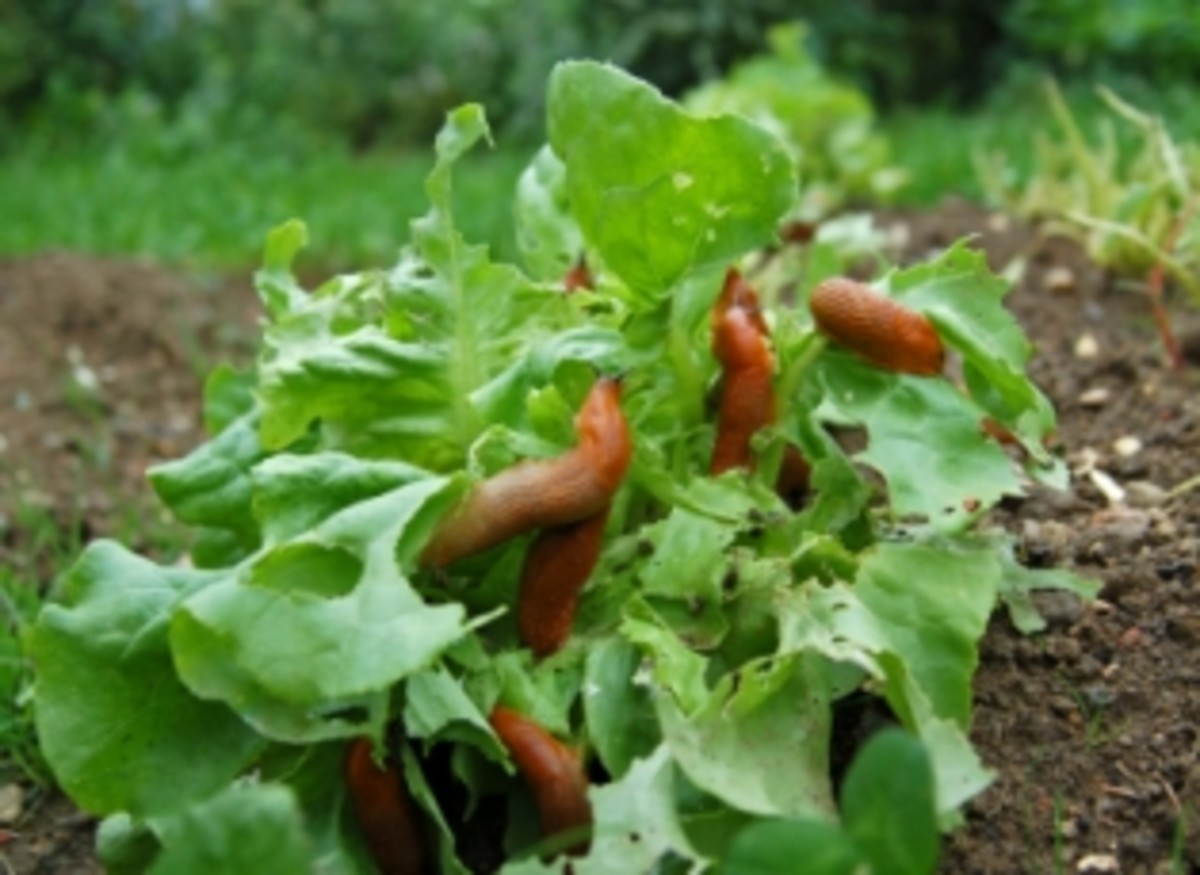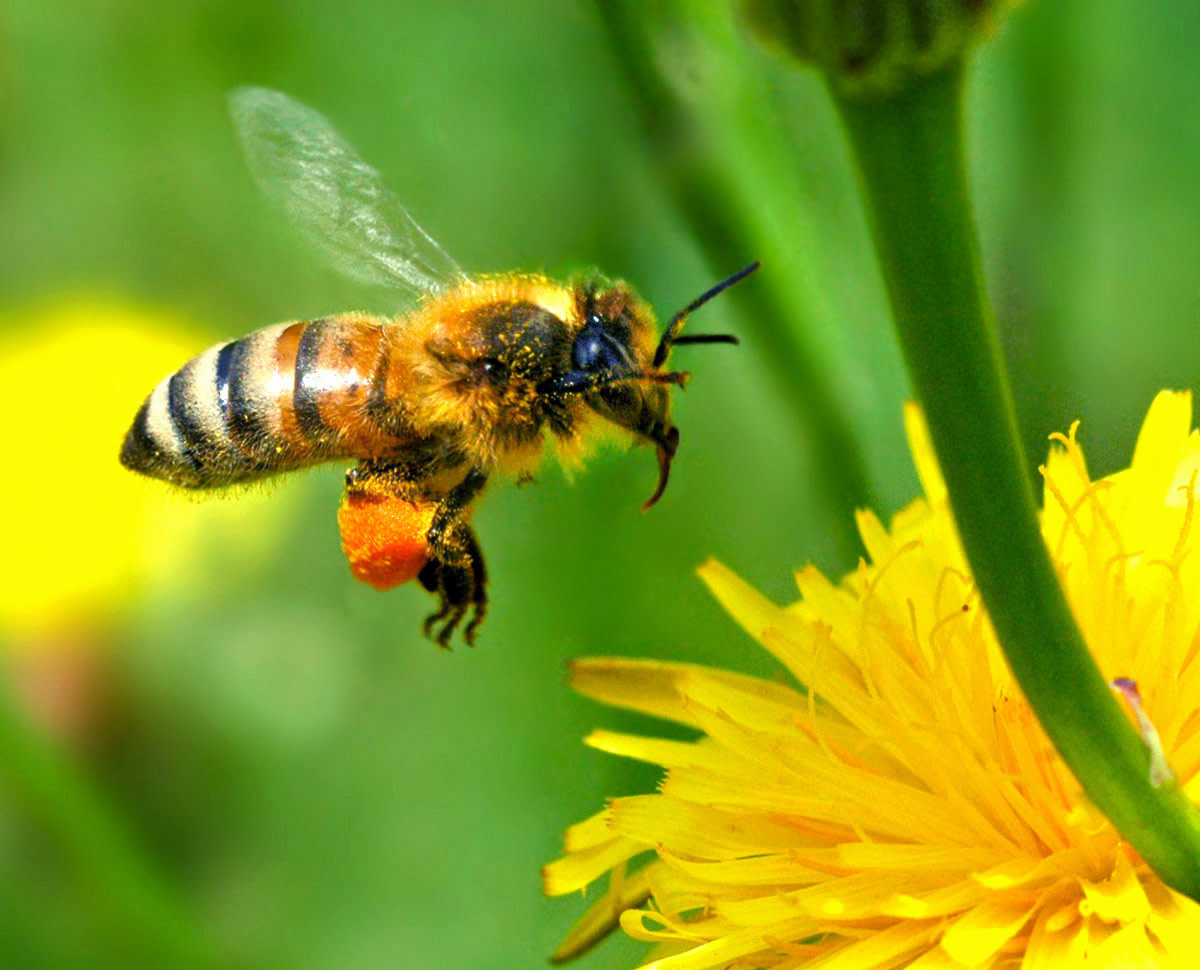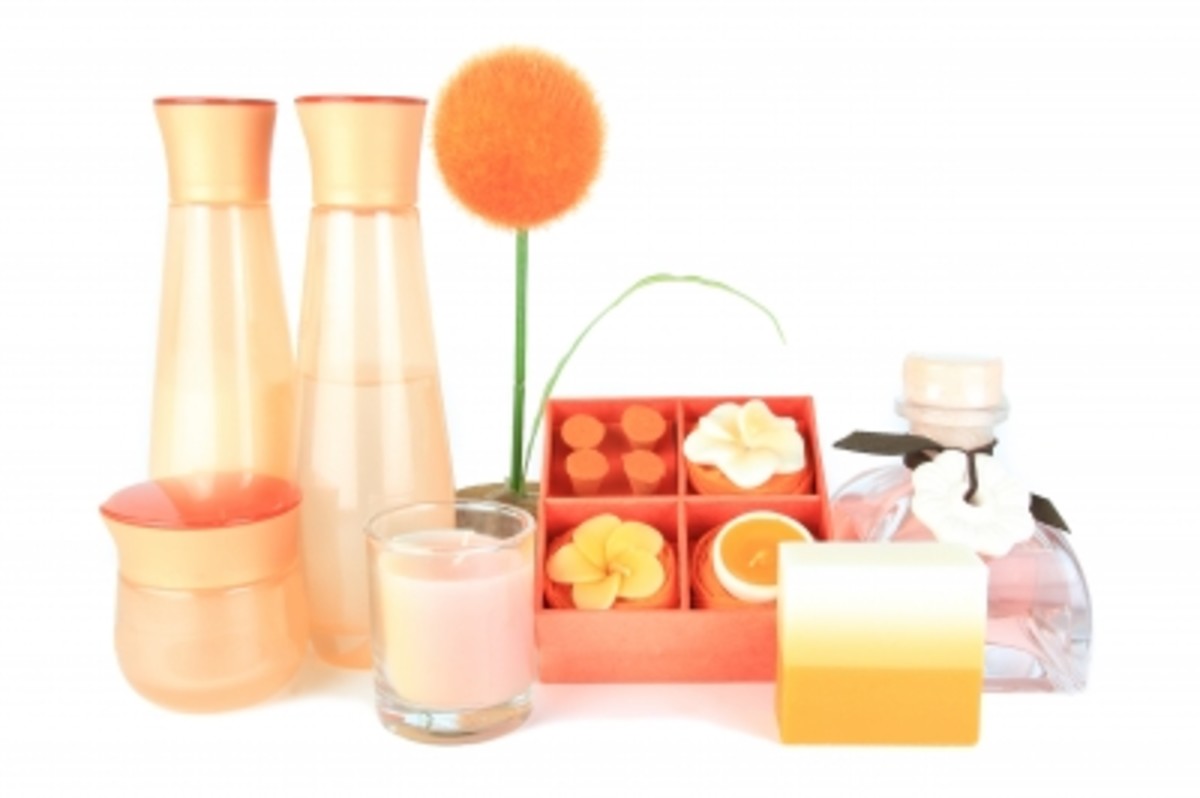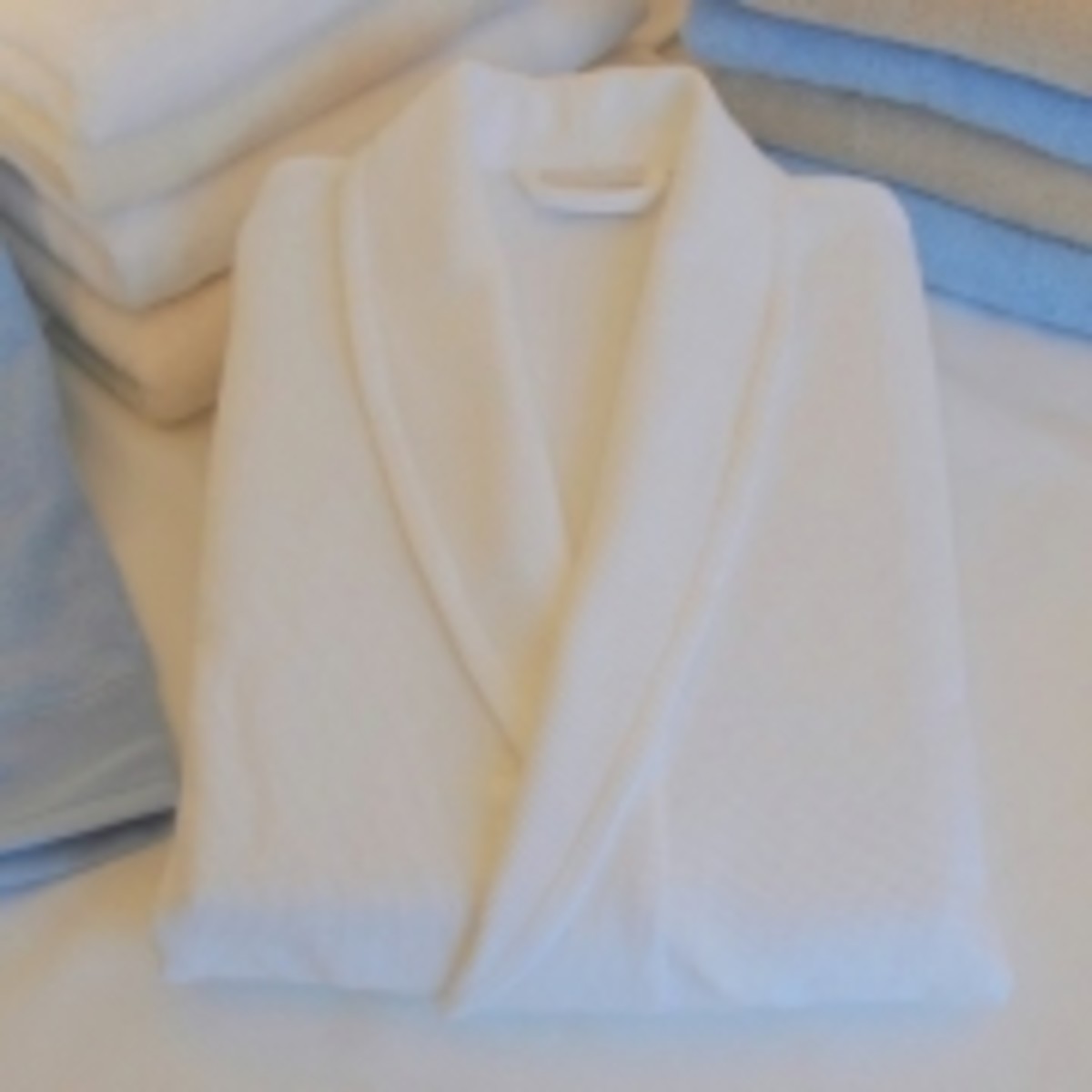Why buy organic cotton
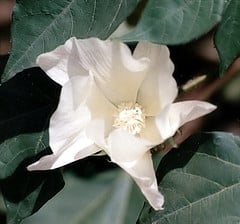
What's all the buzz about organic cotton and why should we care?
Cotton. We love the feel of it against our skin. The scent of it, fresh from the dryer, the rich plush of thick Turkish towels in the bath. Who doesn't feel comforted the moment they crawl between freshly laundered cotton sheets? But what's all this buzz about organic cotton, and why should we care?
When I discovered that 25 percent of the world's pesticides--one-fourth!--go into growing just one crop, cotton, I was astonished. When I learned that those pesticides were killing the subsistence farmers and laborers growing the cotton, I started squirming on my sheets at night.
How could I continue taking advantage of human beings whose livelihood depends on my choices? I realized that the slight premium I have to pay for organic cotton products was well worth a good night's sleep on my uber comfy 300 count Egyptian cotton sheets if it meant saving lives of farmers and cotton laborers around the world.
Why buy organic cotton? Find out here. Plus, I've made it easy for you to test organic cotton clothing and items for your home with a generous selection of luxurious products that won't break the bank, are not damaging the environment, and best of all, are not harming anyone. You'll love the feel of organic cotton. So will your family.
Pick your cotton carefully
Do you know the true cost of the cotton you are wearing? In Uzbekitstan, children are taken from school and forced to work in the cotton fields.
They are not the only victims. According to this film, nearly a third of the country's labor force is required to work in the cotton industry. Their own government is part of the coercive and sometimes forceful machine that keeps workers in near slave conditions.
I don't want clothing produced by slaves and near slaves, do you? I especially do not want to own clothing produced by children forced to work in deplorable conditions.
But don't take my word for it. Even if you don't read another word on this page, if you watch this video, I will be grateful.
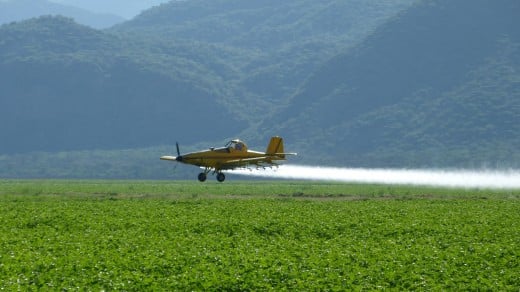
Jump off the pesticide treadmill
Only 2.4 percent--less than 3 percent of the world's agricultural land is used to grow cotton. That's not bad. But next time you pull that cotton onesie over your baby's head, think about this.
Growers spray 24 percent of the world's insecticides on their cotton fields. Then they add 11 percent of the world's pesticides. Many of these chemicals are known to cause cancer in humans.
When those crop dusters fly overhead, they spray everything in their wake, killing the good insects, spiders and birds that would normally gobble up the pesky cotton-nibblers, and exposing you and your baby, if you're in the neighborhood, to those same chemicals.
Because the natural predators are gone, opportunistic species flourish, further threatening the crop. Farmers apply even more pesticides to kill the new bugs, and the "pesticide treadmill" goes round and round, requiring ever harsher chemicals as the "bad bugs" develop stronger and stronger resistance.
But beautiful organic cotton can be grown in high yield crops too, and farmers all over the world are proving it.
Data from Clothes for a Change
Five important things you do when you buy organic cotton
When we switch to organic cotton clothing and household linens, we help to protect health and lives of both workers and ourselves, as well as protect the environment.
- Protect our fisheries - Runoff containing pesticides from cotton fields killed 240,000 fish in Alabama in 1995.
- Prevent chronic health problems in Egyptian cotton workers - In the 1990s, fifty percent of Egyptian cotton workers suffered from chronic pesticide poisoning, including neurological and vision disorders.
- Prevent health disorders in some of the poorest workers in the world - Chances are that famous-label tee shirt you're wearing was made in Bangladesh where ninety-one percent of Indian men working in cotton eight plus hours/day suffered illnesses related to chromosonal aberrations and cell death.
- Save American lives - Each year, more than ten thousand Americans die from cancer associated with pesticides.
- The life you save may be your own - A third of a pound of fertilizers and pesticides are used in the growth and production of every cotton t-shirt you pull over your head.
The information in this list came from Clothes for a Change
Fashion designer Eileen Fisher uses organic cotton
One of the things I like about Eileen Fisher is that many of her styles are available in plus sizes, including a few of her organic cotton pieces. In fact, I wore Eileen Fisher designs at my wedding in 2013. Learn more about her designers and what they like about organic cotton in this video, titled "The Peru Chronicles: Organic Cotton Farming & Eileen Fisher."
The stats are in! We're buying more organic cotton
Sales up 63 percent in 2008, according to Reuters
Reuters reports that 2008 sales totaled $8.2 billion and that farmers worldwide more than doubled their organic cotton production--up 152 percent. That's good news for the planet (fewer carbon emissions, better quality soil on 400,000 acres for generations to come), good news for the farmers and textile workers (less suffering, more lives saved), and good news for us--the consumers (better choices, lower prices).
Read the Reuters article, Global organic cotton sales up 63 percent in 2008, with thanks to Twitterers @PeopleForEarth and @ecotist for tweeting and retweeting about it.
Five more ways you make a BIG difference when you buy organic cotton
Who knew that organic cotton could make a difference in the snack foods we eat?
- Eat healthy, stay strong! - What's in your cookies & chips? Read the labels: Carcinogenic pesticides and other additives are present in cottonseed oil and other byproducts of conventional cotton production, and our fat cells store them.
- Eat healthy, stay strong II - Genetically engineered cotton has all kinds of stuff we've never eaten before: viral promoters, antibiotic-resistant genes, special bacteria.
- Reduce premature death and suffering - Pesticide poisoning kills 20-40,000 people a year, says the World Health Organization (WHO). Three million suffer from pesticide-related disease.
- Reduce cancer risks among California's agricultural workers and millions who breathe the air and drink the water - Five of the nine most-used pesticides on California cotton fields are carcinogenic (cyanazine, dicofol, naled, propargite and trifluralin).
- Preserve Nature's insect predators--the good bugs - Pesticides and insecticides kill the good bugs--ladybugs, spiders, and parasitic wasps--who gobble up the bad bugs. When the bad bugs flare up again, farmers apply more poisons and the "pesticide treadmill" perpetuates.
The information in this list came from Clothes for a Change
India is a chief supplier of cotton
Here's why it's so important to support organic cotton farmers. Since the first time I saw this video, "The Conventional Trap," I have been unable to purchase a single product made with conventional cotton. I cannot bear the thought of contributing to so much suffering.
As you will see, it is easy for greedy companies and individuals to destroy lives while thinking only of their bottom lines. We must make it easy for farmers like these to save their own lives while earning a good living for their families.
Can't afford to buy organic?
Consider using part of your annual charitable contributions budget to help you pay the extra cost of buying organics.
That's one way I manage the budget. By buying organic, I contribute to the world wide effort to expand the market for more organics, thereby making it profitable for companies to support the farmers who grow the pesticide-free cotton we all need. That's a charitable contribution in my book.
Sure, I give less to tax-deductible causes, but I'm saving lives with every clothing purchase. What matters more than that?
Perhaps you're wondering where to start. The easiest place to start is with baby and toddler clothes. That's where you'll find the biggest selection.
What's next to your baby's skin?
Pesticide residues, or wholesome, healthy, luxurious cotton? Organic cotton just keeps getting softer and yummier the more you wash it. I buy exclusively organics for my grandchildren. Try these mini togs on your precious one.
You can't go wrong with onesies for the littlest tykes
As a granny nanny, I can assure you, onesies with the snap-crotch are so much easier to use than shirts that won't stay tucked, or that bunch up in the stroller and car seat. New moms and dads cannot have enough short and long-sleeved onesies in their layette.
I like to give a few in a range of sizes, up to 18 months, so Mom and Dad don't have to worry too much about shopping for new clothes in that first year.
Diapers, next to Baby's bum are a biggie
If you are considering cloth diapers, and especially if plan to use the Elimination Communication method, give these pre-fold cloth diapers a try. I used cloth on my babies forty years ago. I had both the foldable kind (which I cannot find anywhere in the last ten years) and pre-folds like these.
The pre-folds save time, and every busy new parent could do with more of that!
Sound off! - How important is it to you to buy organic?
How important is it to you to make your clothing and household linen purchases count? How much does it matter to you personally that what you buy may have been made at the expense of worker's health, even their lives?
Should you pay a little more to assure that no child was forced to work long hours in horrible conditions? What about how your purchases affect the Earth? Sound off here.
Are you willing to pay a little more for organic cotton to save lives, prevent child labor and protect the environment?
Another good place to start buying organic--The bedroom
What are you breathing at night? You'll sleep easy tucked into pesticide-free pillows, sheets and duvet covers, all of which are readily available in organics.
Like the ease of a bed in a bag?
This is a bed in a bag unlike any I've seen--all organic cotton, down to the reusable bag, and scrumptiously luxurious.
350 Thread count sheet set
It seems I'm almost always in the market for another set of sheets for one reason another. I'm thinking of trying a set of sateen sheets next time. I can't afford the 1000 thread count sets, but, boy, these look nice. What do you think?
I especially love the rich colors What a treat it would be to crawl between two of those layers at night.
No off-gassing with 100 percent cotton mattress cover
The more I learn about synthetic fabrics and the offgassing associated with them, the less I want to have any petroleum-based products in my home. Not only does my organic cotton mattress cover provide softness and durability, we sleep in utter comfort, knowing we are not inhaling noxious fumes.
Not just organic cotton links
- Farmed and Dangerous - Eco-Chick
The organics industry is expected to boom faster than ever in the next few years. And I'm stoked. It seems ... - Sublet: Subtly Sexy - Eco-Chick
Eco-Chick does it again with this find on a new organic fashion line that lives up to its name
Did you buy organic cotton before reading this lens? Will you buy more now?
Thank you
Thank you for visiting Why buy organic cotton. I welcome your opinions, comments, and suggestions. What would you like to see on this page?
© 2006 Kathryn Grace



